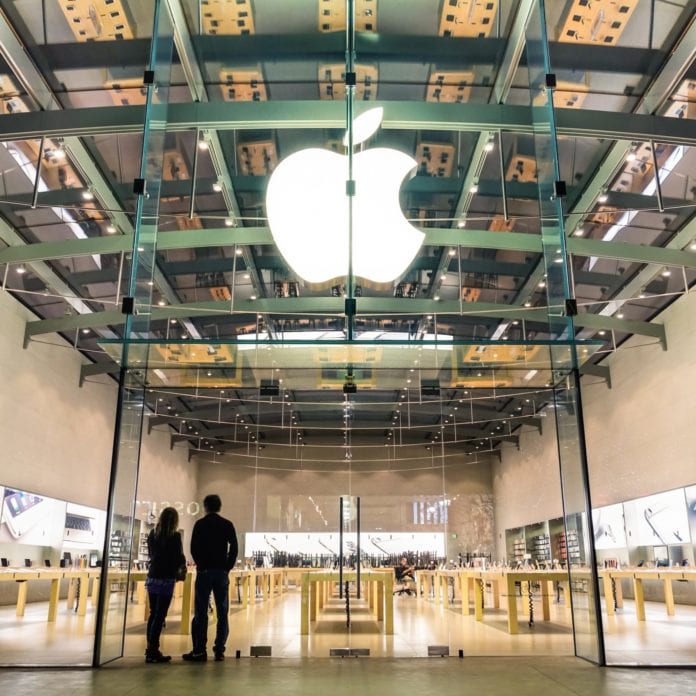In the Epic v Apple case, the US Ninth Circuit court of appeals stayed a lower court ruling citing “privacy and security risks,” in favor of Apple.
The original Epic v Apple court ruling has significant implications for the future of the mobile app economy, or at least who’s seeing the biggest cut of it. Apple charges the big developers like Epic Games 30% commission for App Store sales, while smaller developers render half that much unto Caesar.
The ruling does not overturn the lower court, but it maintains App Store current conditions until the appeals court can hear the case, at a date to be determined. For now, App Store developers have to process in-app payments (IAP) through Apple and only Apple.
Prompting Apple’s appeal, United States District Judge of the District Court of North California Yvonne Gonzalez Rogers had denied Apple’s motion for a stay following her order to make Apple change its anti-steering policies.
Those rules make App Store developers use only Apple for in-app payment processing. Epic Games thwarted that restriction within its game app Fortnite, and found itself banned from the App Store.
Who keeps the in-app money?
In its original complaint, Epic Games alleged that Apple exploits a monopolistic position in its ecosystem by making App Store developers use it to process IAP. Epic hoped either to dramatically restructure Apple’s IAP fees, or bypass Apple altogether.
Epic Games’ own hugely popular game Fortnite is free to play. But to unlock new in-game features and customizations, those players buy in-game currency, paid for as IAP transactions.
Epic released an update to Fortnite in 2020 which bypassed Apple’s payment system. Apple responded by blocking the game from App Store distribution altogether, which prompted Epic v Apple. Apple countersued. Epic has separately sued Google, claiming its Play store exercises similar dominion in its own ecosystem.
In the original September 2021 ruling, Judge Gonzalez Rogers found mostly in favor of Apple. Apple wielded considerable weight in the mobile gaming world, she said, but that wasn’t illegal.
“Success is not illegal,” she said.
Judge Gonzalez Rogers did find Apple to be in violation of California’s Unfair Competition Law (UCL). She ordered the company to stop prohibiting buttons or links to external payment systems.
Apple asked for an indefinite stay, which Judge Gonzalez Rogers denied. Apple then took their appeal to the Ninth Circuit.
A changing mobile landscape
Apple has made some practical concessions after Epic’s original complaint, starting with the App Store Small Business Program. The program cuts App Store commission to 15 percent for small businesses earning up to $1 million per year in App Store sales.
As hyperscalers build out their WANs and work with operators to create more robust edge computing resources, cloud gaming continues to gain momentum with mobile gamers. But so far, Apple’s been resistant to allowing game streaming services to operate on its App Store.
In the Epic v Apple trial, Apple Fellow (and former head of Apple’s worldwide marketing) Phil Schiller said cloud gaming and game streaming services fail to pass Apple’s requirements for age rating, parental controls, and more.
The burgeoning cloud gaming business is expected to generate an estimated $1.6 billion by the end of 2021 and growing to $6.53 billion by 2024, according to a recent study.
Billions are nothing to sneeze at, unless your Apple’s size. Its Services business accounts for revenue in the App Store including its own moderately successful Apple Arcade service. For the fourth financial quarter of 2021 Apple reported $18.3 billion in Services revenue, up 26 percent year over year.

